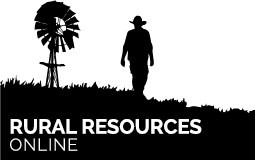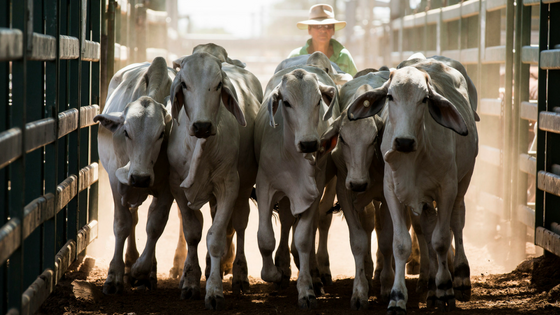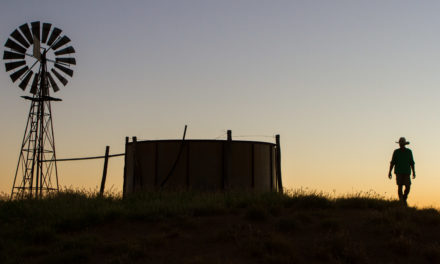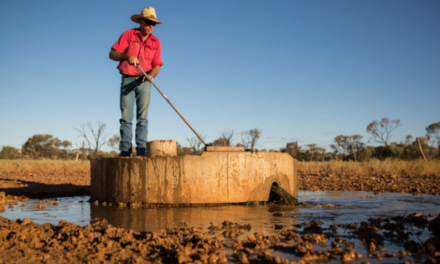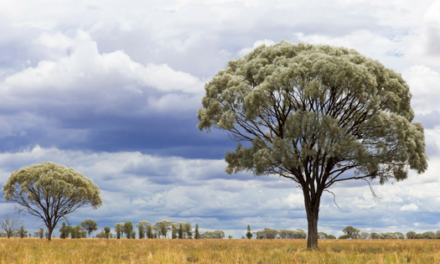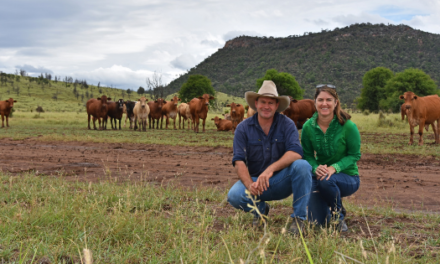How long has it been since you had a break from the property? If you travelled to a major city, did you find yourself relaxing or rushing? Was it like entering another world?
The city-country divide has never been greater and it is increasing. What does this mean for Australian agriculture?
Our family recently spent five nights in Sydney. What an amazing city. Every Australian farmer should visit. There is no better place to get an insight into the modern consumer.
Every man for themselves
On the surface, it is very easy to make a general assessment about people in Sydney from first impressions:
- The congestion is Sydney is unbelievable. Horns are an essential communication tool.
- Lines in the road are merely a guide. When the light goes red it is translated many ways –
speed up, stop in the middle, stop over the line or in the middle of the pedestrian walkway.
- The public transport system is well organised but the human interaction is limited. People are so busy looking at their phones they don’t make eye contact or interact with each other.
- If you stick to the tourist routes you feel like everyone just wants to take money off you.
- People don’t smile – they are too busy getting to where they need to be.
- Try getting in a lift and saying ‘hello’ to the stranger – their reaction is priceless.
Break barriers to make connections
However, take your family, including a 13-year-old wearing his Akubra, and you witness a different side of Sydney.
- As we stood in the street reading the map many people stopped to ask if we needed help.
- One driver mentioned we should walk behind his car because that was safer – given he was well and truly covering the two white lines meant for us to cross, that was thoughtful.
- We chatted to a delightful retiree on the Manly ferry who regularly travels the water for day trips and could give us some unique local history.
- We caught up with friends and family who took us to favourite places and shared their stories of what makes this city special.
- At the war memorial, we made the effort to ask so the guide took the time to explain the details of the building and the sacrifice of our armed forces.
Same city, two different experiences.
Why the different impressions?
Because we made a connection with people. If you think about it is no different when the roles are reversed. First impressions count.
Australian agriculture may not have the direct connection with city constituents there once was. But assumptions about the industry will still be made.
It is about branding, marketing and image.
Say what?
Yes, take note, no mention was made of quality food produced to international standards by ethical farmers who care deeply about what they do.
Why?
Because Australian producers have done such a good job for so long those attributes are now expected. That is why farmers need to go to the big smoke.
There are few opportunities to show city families what really happens on a farm. A survey by Meat & Livestock Australia of Adelaide Families in 2008 found only 19 per cent had a relative or close friend who was a farmer. More than one-third of city residents had never visited a working farm.
That was nearly a decade ago. Imagine the figures now.
Although our agricultural industry is filled with viable, sustainable producers essential for cities to exist, rural Australia does not have the votes. Politics is a numbers game. The interests of the city constituents will always outweigh the bush.
As business owners, farmers need to understand this change in the market. What will happen if there is no connection between the bush and the city.
Let’s talk business…
Without a connection, the producer will simply be a supplier. When one supplier (or family) drops out of the food chain no-one will think twice so long as the produce is still being delivered.
And it will be. That is the tough part Australian farmers need to come to terms with. Around two-thirds of Australians live in major cities.
Politics is not about people – it’s a numbers game
Politicians are employed to do a job. To get and keep their job they must win the approval of more people than their competitors. A simple strategy that involves complex negotiations and deals. All too often rural and regional Australia loses out.
One visit to Sydney confirms farmers will never have the numbers. But still they would not live anywhere else but the bush.
Farmers and metropolitan Australians lead completely different lives and therefore have different sets of values. Producers cannot expect the consumer to support Australian-grown because it is the right thing to do.
So back to business.
The lesson from Kodak – adapt or disappear
Did you think in 1998 Kodak, with 170,000 employees and 85 per cent of the photo paper market worldwide would be bankrupt within a few years? Digital cameras had been around since 1975. Initially, their quality wasn’t great. However, they improved and within a few years became mainstream.
Software is disrupting most traditional industries.
The prediction is for artificial Intelligence, health, autonomous and electric cars, education, 3D printing, jobs and agriculture to all be significantly disrupted by technology in the next 5-10 years.
Uber, the biggest taxi company in the world, don’t own any cars. Uber is just a software tool.
Airbnb is now the largest hotel company in the world and they don’t own any properties.
By 2027, 10 per cent of everything that’s being produced will be 3D printed. In China, they have already completed a six-storey office building that was 3D printed.
Technology – friend or foe
Technology is making life easier. But it is also means less people are needed to the work. That impacts more than the bottom line.
Farmers in third world countries will soon be able to use a $100 agricultural robot to work their fields. In fact 70-80% of jobs currently being performed by humans will disappear in the next 20 years.
That translates to even fewer people on farms.
The first Petri dish produced veal is now available. “Alternative protein source” startups are testing the market with the intention of bringing insect protein to the consumer shortly. Their products contain more protein than meat (but people would have to embrace the idea of eating bugs).
No doubt they will.
The market is changing. Consumer preferences are going to change.
So back to Sydney. What breaks down barriers?
Human interactions and connections make the deals. Because people want to buy from people they like.
It is essential for Australian agriculture to connect with the city. This means that if they aren’t coming to us we need to go to them. But when we do it cannot be to make demands or tell consumers they need farmers.
Because the truth is they don’t need to support Aussie farmers to ensure their family is well fed.
Keeping things simple – an attitude of gratitude
As business owners, farmers need to increase their knowledge base and get to know their consumer.
The consumer needs to engage with the modern Australian farmer and buy into their value system and the ‘why’ behind what they do.
Everyone likes to feel appreciated. So why can’t farmers thank consumers for choosing quality safe food when buying Australian grown produce for their family?
We need more conversations to connect people. Farmers proudly grow produce they would feed their family for other Australian families.
‘From our family to yours’. The message could be that simple.
So how do farmers connect?
Not everyone wants to share their stories on social media or online platforms. They just want to get on with the job they do best. But the industry should support those who are prepared to contribute positively to the modern image of an Aussie farmer.
The Farmer’s Voice provides a platform for the Agricultural Industry to showcase and connect with city consumers through stories written by those who work in it.
A drop in the ocean – so much more is needed
Australian agriculture competes on a world stage.
Agriculture exports a lot more than commodities. Australia plays a leading role in developing transparent systems of accountability and traceability throughout the international supply chain.
Building trust and a social licence to ensure consumer approval and support is essential.
Industry led best management programs are a good start. They address the concerns consumers have for environmental management, sound animal welfare practices and overall business practices.
Consumers want reassurance Australian farmers are doing the right thing.
In this day and age of social media that is not easy. Everything farmers do or say now has the potential to be broadcast worldwide.
When producers venture to the city or interact online the Industry is on show. Australian agriculture needs farmers to think marketing, branding and image.
Because the business of farming needs consumers onside.
